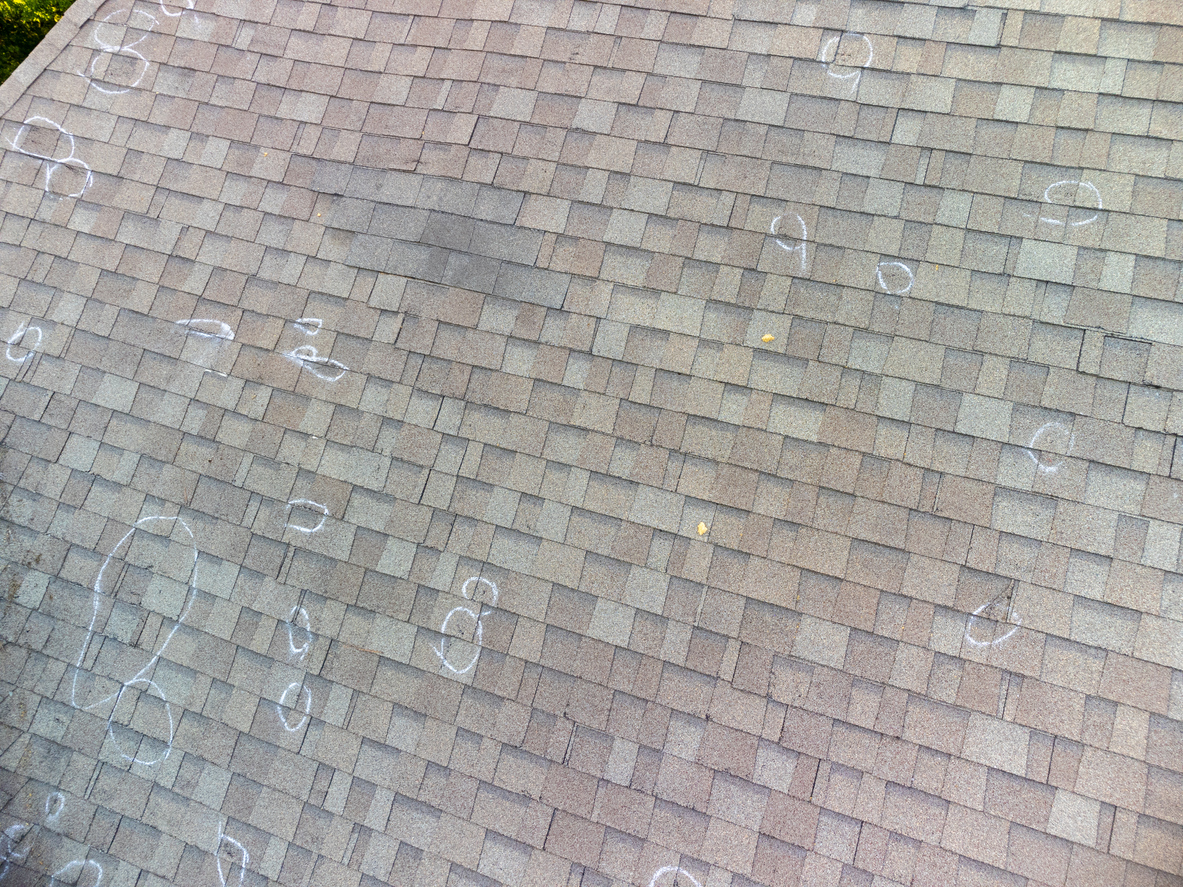I was recently approached by a policyholder inquiring whether he had a viable claim for bad faith under Alabama law. In responding to his inquiry I did quite a bit of research and will share my findings with you now in this two-part blog on Alabama Bad Faith.
First and foremost, Alabama distinguishes between bad faith refusal and bad faith delay.
I will address the bad faith refusal standard first.
Under the law in Alabama, the policyholder in a bad faith refusal case must prove:
- An insurance contract between the parties and a breach thereof by the carrier;
- An intentional refusal to pay the policyholder’s claim;
- The absence of any reasonably legitimate or arguable reason for the refusal (the absence of a debatable reason);
- The carrier’s actual knowledge of the absence of any legitimate or arguable reason; and
- If the intentional failure to determine the existence of a lawful basis is relied upon, the policyholder must prove the carrier’s intentional failure to determine whether there is a legitimate or arguable reason to refuse to pay the claim.
In short, [the policyholder] must go beyond a mere showing of nonpayment and prove a bad faith nonpayment, a nonpayment without any reasonable ground for dispute. Or, stated differently, the [policyholder] must show the insurance company had no legal or factual defense to the insurance claim.
The “Debatable reason” . . . means an arguable reason, one that is open to dispute or question.1
Recoverable damages may include mental distress and economic loss.2
1 National Security Fire & Casualty Co. v. Bowen, 417 So.2d 179, 183 (Ala. 1982).
2 Chavers v. National Sec. Fire & Cas. Co., 405 So.2d 1, 7 (Ala. 1981).



